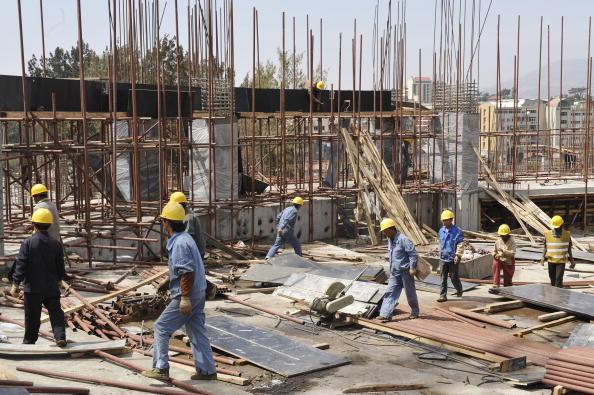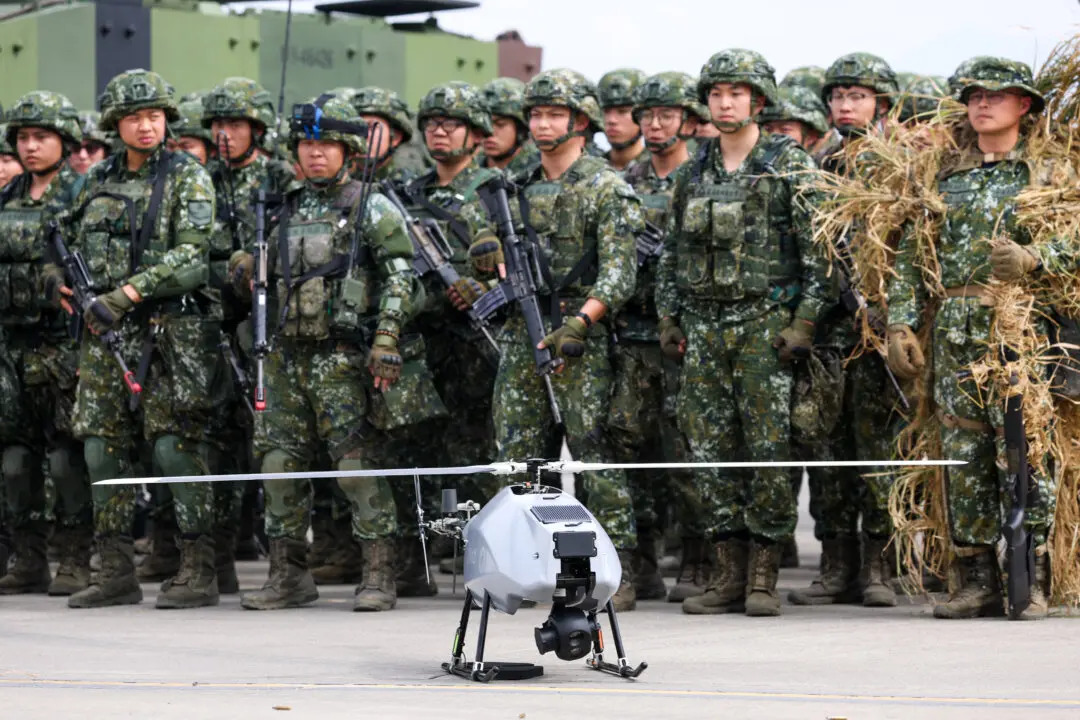It is well-known that the Chinese Communist Party (CCP) rules with an iron fist, with party organizations at all levels of society. Recently, the push to establish party organs has extended to foreign companies and foreign-funded universities inside China.
It’s not as apparent how the Party exerts control over its citizens abroad. A recent article by Global Times, China’s nationalistic state-run publication, shows how overseas Chinese continue to live under the shadow of the Party. A recent incident at the University of California, Davis—where mainland Chinese scholars established a party branch but scrapped it after fearing that it may have violated U.S. federal law—was just a drop in the bucket when it comes to the CCP’s influence on Chinese citizens living abroad.





